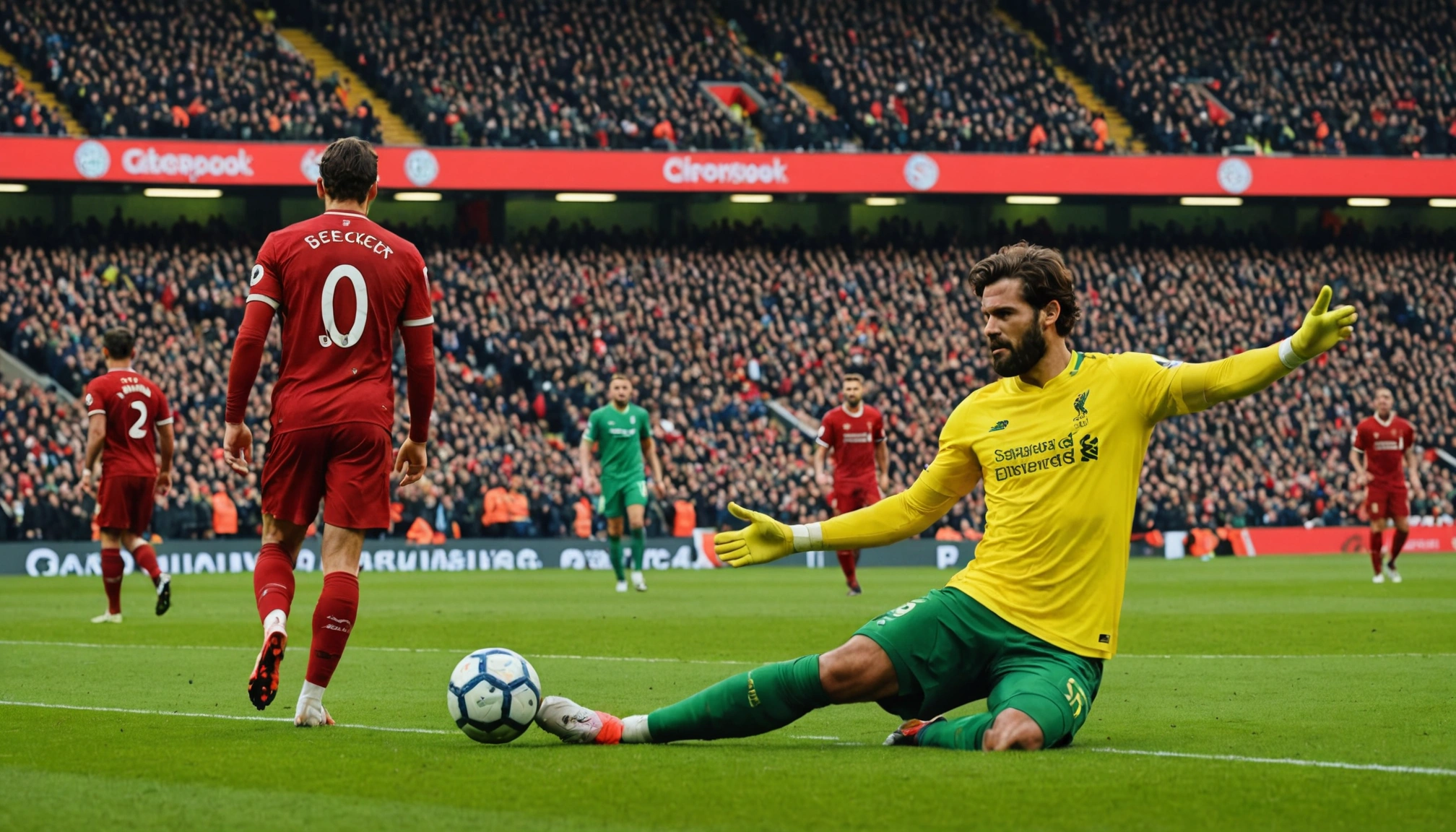Weymouth FC sacks commentator after on-air board criticism
Weymouth FC has dismissed commentator Ben Ashelford following a heated on-air critique of the club's board during a live match broadcast.

By Editorial
Introduction to the Weymouth FC commentator controversy
In a recent and highly publicised incident, Weymouth FC, a non-league football club with a passionate following, has parted ways with one of its official commentators, Ben Ashelford. This decision followed an on-air outburst during a live broadcast that criticised senior members of the club's board. The situation has sparked discussions about the role of commentators, club governance, and the challenges facing lower-tier football clubs in England.
What led to the dismissal of Ben Ashelford?
During a live commentary of an FA Trophy match against Wimborne Town, an audio recording surfaced online showing Ashelford openly criticising current and former members of Weymouth's board. He accused them of abandoning the club during difficult times and issued a challenge for them to appear on a podcast to debate club issues.
His words were direct and impassioned: "You can't hide from it, none of you," he said, highlighting his frustration with the club's management. This public airing of grievances on Radio Terras, the club-owned radio station, went beyond the usual scope expected from a club commentator, leading to swift action from the club's hierarchy.
Weymouth FC's response and official statement
Chairman Ralph Ricardo released a statement acknowledging the passion behind Ashelford's commentary but emphasising that official club media must maintain certain boundaries. Ricardo noted, "Football inspires personal and professional opinions in all of us, but those boundaries were crossed within the context of official matchday commentary."
Following discussions among directors, it was mutually agreed that Ashelford's position was untenable, resulting in his removal from all official club activities. The club's response reflects a balancing act between allowing passionate expression and maintaining professionalism in official communications.
Understanding the club's recent challenges
Weymouth FC has had a turbulent few years. After relegation from the National League in 2022, the club spent three seasons in the National League South before dropping further into the seventh-tier Southern League Premier Division South last season. These struggles have understandably caused frustration among fans and club insiders alike.
Steve Claridge, a former striker for Leicester City and Portsmouth, currently manages the club, navigating the challenges of lower-tier football. The club’s downward spiral has been a topic of local football conversations, comparable to stories covered in other football contexts such as latest football gossip and transfer updates, which often highlight the pressure on clubs to perform both on and off the pitch.
Ben Ashelford’s public apology and reflection
After the incident, Ashelford issued a public apology on social media platform X, admitting he mistakenly thought he saw board members leaving the ground early, which triggered his rant. He accepted responsibility for his error and acknowledged that such criticism was inappropriate for the club's official media channel.
This episode underscores the difficulty commentators face in balancing passion and professionalism, especially when working closely with clubs facing internal issues. It also raises questions about how clubs communicate with supporters during challenging times, an area that can be explored further in the context of sports media ethics.
The role of commentators in non-league football
Commentators like Ashelford play a crucial role in engaging fans, especially in non-league football where media coverage is limited. Their insights and passion help build community support and maintain interest in clubs that don't benefit from the spotlight enjoyed by the Premier League or Championship.
However, this incident highlights the delicate line commentators must walk. While honest opinions can resonate with fans, airing grievances publicly risks undermining club unity and professionalism. This balance is essential to understand for anyone involved in sports media, as demonstrated in other sports coverage such as Chris Froome’s recent accident and media handling, showing how sensitive topics require thoughtful communication.
Lessons for football clubs and media professionals
The Weymouth FC case offers several lessons. Clubs must establish clear guidelines for commentators and media personnel to ensure messaging aligns with club values while allowing room for genuine fan engagement. Transparent communication channels can help address frustrations internally before they spill into public outbursts.
Media professionals should be mindful of their platform’s impact and the responsibility that comes with representing a club publicly. Passion is vital, but it must be tempered with respect and professionalism.
Conclusion: The future for Weymouth FC and its media relations
As Weymouth FC moves forward, rebuilding trust with fans and stabilising its position in the Southern League Premier Division South will be priorities. The club’s handling of this commentator controversy reflects a commitment to maintaining professionalism despite the pressures of non-league football.
For supporters and observers of lower-tier football, this incident serves as a reminder of the complexities behind the scenes and the importance of constructive dialogue between clubs, media, and fans.
To stay updated on intriguing football stories and wider sports news, visit Manchester United scores and fixtures guide 2024-25 season or explore other insightful posts on SportsScoop.
Related topics
Editorial
Sports expert at SportsScoop
Specialist in sports analysis and journalism
Related articles
Want to read more?
Explore our comprehensive collection of sports articles and analysis, or contact us for more information.



